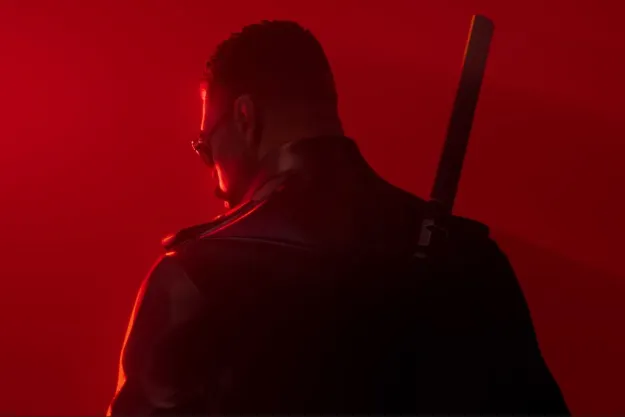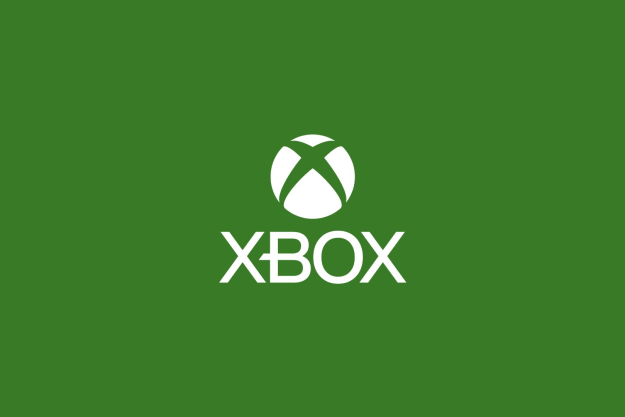The gaming industry tends to look forward when it comes to tech. While old game consoles hold a nostalgic place in our hearts, it’s hard not to be tempted by the allure of shiny new hardware. Beloved systems like the PlayStation 4 and Xbox One will become obsolete in a few years time as developers and players fully move on to their next-gen counterparts. Such is the cycle of life for a video game platform.
Indie developer Dana Puch, on the other hand, isn’t so eager to let the past fade. Puch runs Greenboy Games, a one-person studio that exclusively develops Game Boy titles. We’re not talking games simply inspired by Nintendo’s classic handheld, either — they’re released exclusively as working Game Boy cartridges. Greenboy only offers ROMs of the games to people who buy the physical game — that’s how serious Puch is.
With a new game called The Shapeshifter on the horizon, I spoke with Puch about why he’s so committed to the Game Boy. It all comes from a love of the handheld and a desire to slow things down in a fast-paced world.
Creativity by restriction
Puch began developing video games in 2012. He began by creating PC titles and browser-based projects, before experimenting with mobile games. Unsatisfied by his work, he turned to a platform that was a big part of his childhood: Nintendo’s original Game Boy, first released in 1989.
“For many of us who were born in the 1980s, the launch of the Game Boy was something we experienced with great intensity,” Puch tells Digital Trends. “Since I was a child, I dreamed of developing a game for this console, but for various reasons I considered it impossible. The dev kits, especially the GBDK, made developing for this console a lot easier, so I gave it a try and was hooked.”

That led Puch to start developing Game Boy games in 2017. Puch’s earliest projects were more micro experiments than anything. Leo Legend, released in 2018, is a soccer game that simply asks players to kick a ball into a net, or make saves as a goalie. He followed that up with Submarine 9, a small title where players would tap buttons to block incoming torpedoes.
While they weren’t the most sophisticated titles, they certainly looked the part. They all feature faithful pixel art and that familiar green hue that graced original Game Boy games. For some, the rudimentary nature of the Game Boy might be frustrating, but Puch finds inspiration in the handheld’s limitations.
“I often compare it to a movement from the ’60s called OULIPO – creativity by restriction,” says Puch. “You must be creative with some restrictions given beforehand. In the case of a Game Boy game, you need to be creative with a game that sizes between 32kB and 1MB max, with 160×144 pixels resolution, with only 4 colors, with limitations of 40 objects per screen, limitation for objects per line, you can’t use more than 256 tiles, etc.”

Puch embraces the challenge and is always looking to raise the bar. His latest game, The Shapeshifter, is his most ambitious project to date. It’s a full-on adventure title where players can transform into different animals to solve environmental puzzles. The game was successfully crowdfunded via Kickstarter, hitting enough stretch goals to add extra levels to the game.
Puch already has three more games in development, including a sequel to The Shapeshifter, so he won’t be moving on any time soon. When asked if he’d consider switching to the NES, Puch makes it clear that that’s not where his heart is.
“It’s not what I enjoy the most. I’ll keep developing for Game Boy,” says Puch.
Staying true to history
What’s most notable about Greenboy Games is its commitment to the physical Game Boy experience. Greenboy’s games are sold as faithful reproductions of classic Game Boy games. They come in a classic square box, which replaces Game Boy with Greenboy, complete with a manual and working cartridge. Like many in the retro homebrew scene, Puch utilizers publishers like Incube8 Games and Mega Cat Studios, which specialize in niche physical releases like this.

It’s a lot of effort to put into a very niche passion project, but it has a deeper significance for Puch beyond simple nostalgia.
“It’s a way of keeping the essence of what the video game era has been to date,” says Puch. “The spirit that I wanted to maintain has been the preservation of the cartridge game and the Game Boy as a console.”
Puch believes it’s important for gamers to remember the kind of physical experiences that brought us to where we are today. He sees it as a matter of taking time to slow down in an industry that always feels like it’s moving a mile a second. To sit down with a piece of “obsolete” tech like the Game Boy is to enjoy a rare moment of calm where we can reflect on gaming’s roots, rather than constantly look toward the next big thing.

“In the era that we live in, everything happens very fast,” Puch says. “Everything appears and disappears surprisingly quickly … Trends, fashion, games, etc. Retro machines still have a long way to go. They must teach young generations the roots of video games — to touch and feel the systems that gave life to everything that we currently know.”
“We go slow at Greenboy Games. We don’t want to run fast, grow fast, expand fast. We prefer to slowly enjoy the journey.”
Editors' Recommendations
- As the internet raged, game developers at GDC screamed for change
- Epic still plans to bring its Games Store to iOS and Android this year
- Embracer Group just sold Saber Interactive. Here’s who still owns what
- I used ChatGPT to help me make my first game. Don’t make the same mistakes I did
- Fortnite is coming back to iOS, but Epic Games still isn’t happy about it




